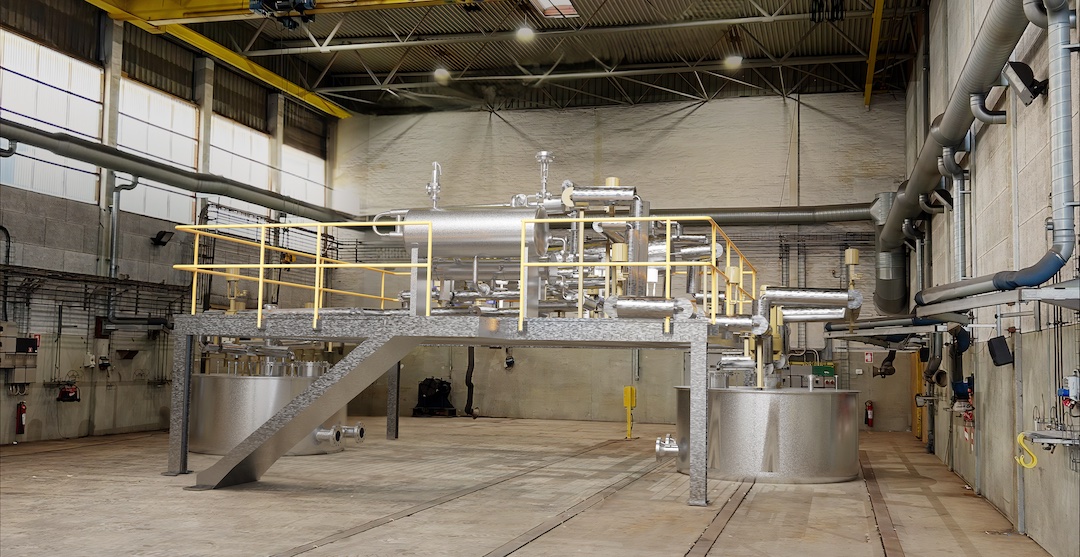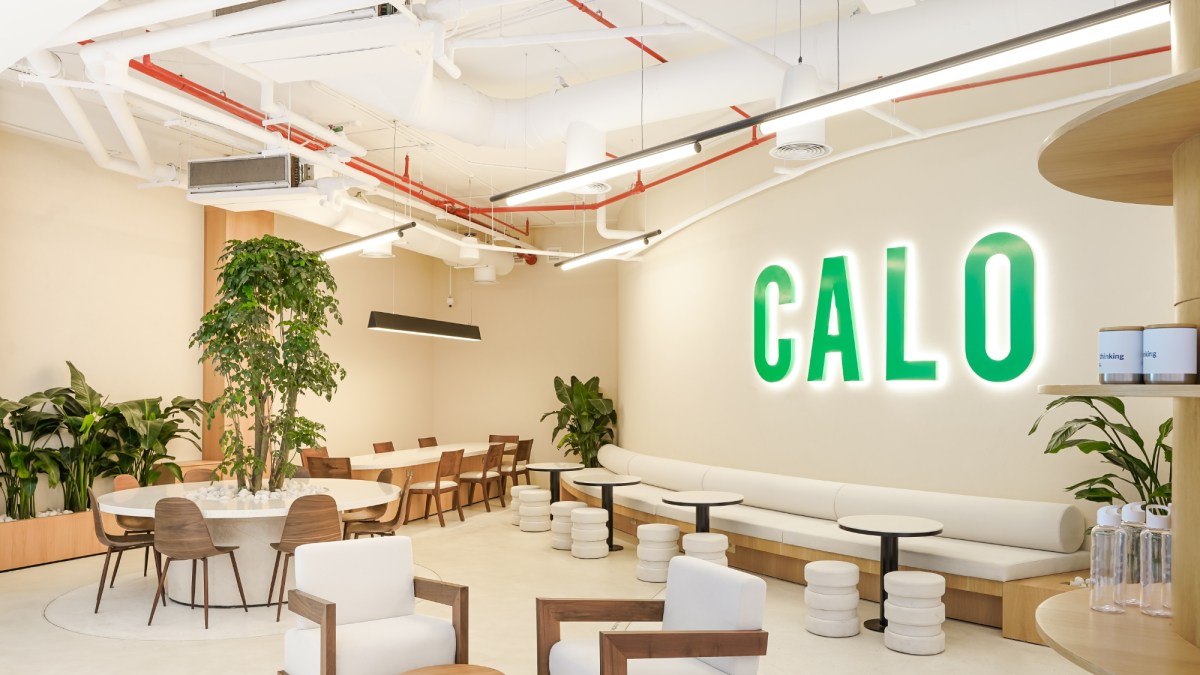For many industries, lithium batteries just don’t cut it — they’re getting increasingly expensive, require too much space, and sometimes they are just overkill for many industrial use cases. Thermal batteries, on the other hand, can store energy in the form of heat for long periods, are often cheaper to invest in and deploy, and are more suitable for various industrial applications.
Now, Denmark’s Hyme Energy, which makes thermal batteries that use molten salt, has signed a deal that could help it scale its technology to industrial levels: Arla, a Danish-Swedish multinational co-operative and the fifth biggest dairy company in the world, is partnering with Hyme to develop a large-scale industrial thermal storage system.
The project will initially be built for Arla’s milk powder facility in Holstebro, Denmark. Hyme and Arla will also jointly seek EU funding for the project.
Hyme uses a molten salt system built for energy-intensive industries, such as food and beverage, chemicals and metals production. The proposed system will have a capacity of 200 MWh, and would convert electricity from renewable sources into heat that will then be stored in molten salt tanks at above 500° Celsius. The aim is to completely replace energy from fossil fuels in Arla’s milk powder production, and reduce CO2 emissions by 100%.
Hyme’s co-founder and CEO, Ask Emil Løvschall-Jensen, feels the company’s solutions are ideal for Arla’s processes due to the need for steam. Hyme focuses entirely on industry segments where there’s a large demand for steam, particularly for continuous steam in the 200° C to 500° C temperature range, he added.
“There’s a lot of emerging technologies in this space. One is the molten salts, and the other is the solid storage medium, like graphite, ceramics etc. The main differences are when it comes to the long duration discharges of steam,” he said.
The question is, how fast can the tech scale across Europe to meet industrial demand? Løvschall-Jensen thinks it’s possible.
“There’s no limitation to the storage medium that is produced […] so that can be scaled at any pace. We take a strategy where we look to not be a manufacturer of the components, but instead work with blue chip suppliers and EPC partners to ensure that we can scale fast enough,” he said.
Is venture capital investing enough in this space?: “Yes and no,” he said. “It is a lot easier to raise money for software. Some recognize that they need to catch the technologies earlier to be the right growth partner later on. We’re seeing hints of it.”
Brightfolk led Hyme’s first fundraising round of €10.4 million ($10.8 million). It’s also raised €8.4M ($8.7 million) in convertible notes, and together with grants, the startup has raised a total of €25 million ($26 million). The startup now plans to raise a €20 million to €30 million ($20.8 million to $31.2 million) Series A.
According to PitchBook, thermal battery startups like Hyme raised over $170 million in venture funding in 2023, and are on track to raise more than double that in 2024.
Hyme’s competitors include Electrified Thermal Solutions, which imbues bricks with the ability to transform electricity into heat and store it for hours on end. Fourth Power’s thermal battery stores energy in the form of graphite blocks kept at around 2,400° C (4,350° F). The blocks are charged by molten tin, which is heated using electricity from solar panels or wind turbines. And MGA Thermal wants to help utility companies transition from fossil fuels to renewable energy sources with shoebox-sized thermal energy storage blocks.




